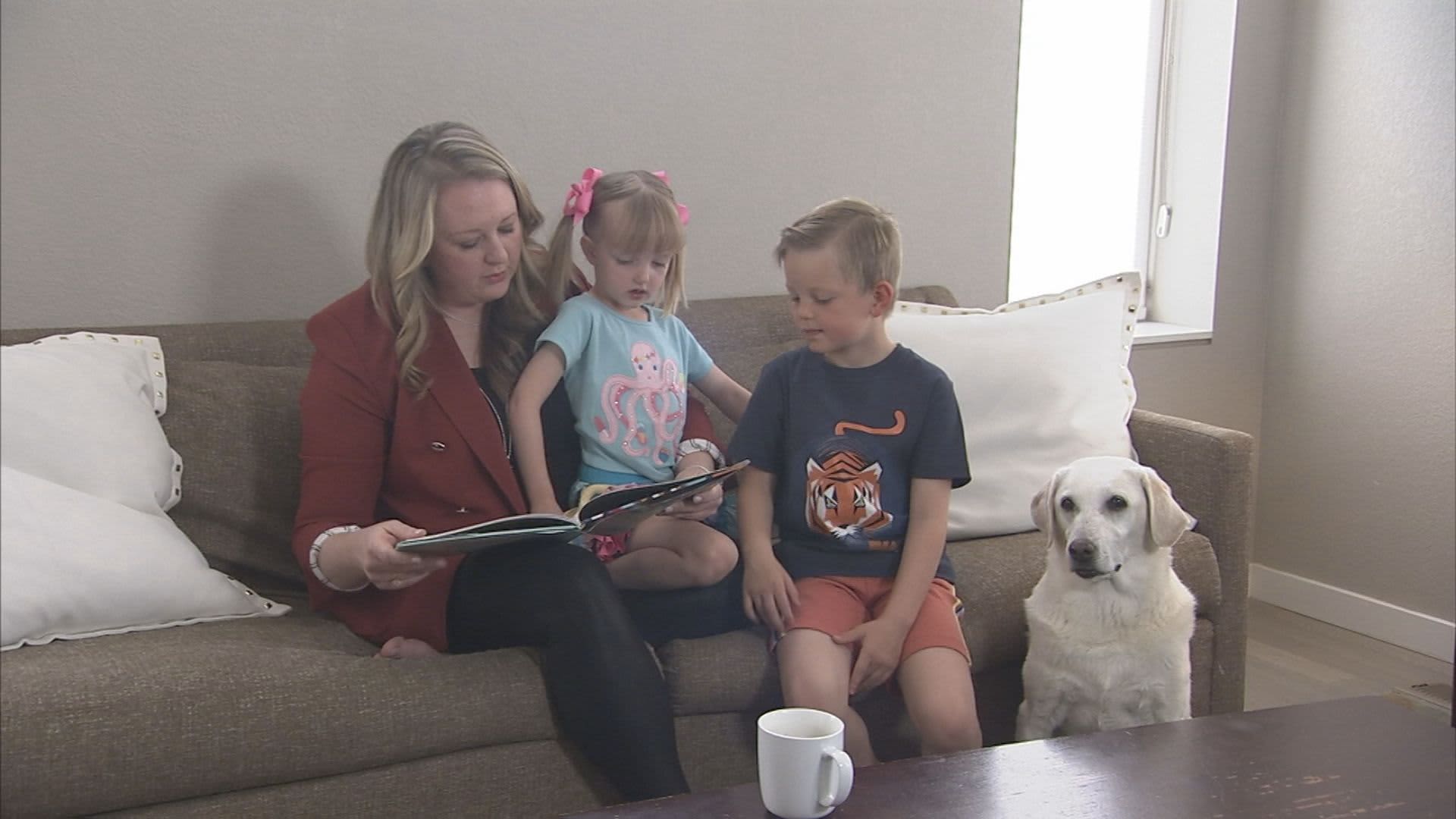US Recalls Ambassador to Syria
Meanwhile, the UN Security Council condemned on Tuesday the “terrorist” Beirut bombing, vowing to punish the killers.
US State Department spokesman Richard Boucher said Bush summoned Ambassador Margaret Scobey back to the United States for “urgent consultations,” Reuters news agency reported.
“It’s too early to know who was responsible for this attack,” White House spokesman Scott McClellan told reporters.
But he said: “Syria’s presence in Lebanon is a destabilizing force. The terrorist attack further underscores the importance of letting the Lebanese people control their future.”
Hariri was killed Monday, February 14, in a deadly blast that targeted his motorcade passing in a western Beirut area near St. George hotel.
The shattering explosion also claimed the lives of at least 14 others, including several bodyguards of the 60-year-old charismatic Lebanese figure.
Pundits believed that the assassination was more likely the work of state security agencies.
They maintained that the magnitude of the blast indicated it was masterminded by state intelligence services not just by toothless militant groups.
An online statement attributed to Al-Qaeda denied Tuesday that its men in the Levant were behind the killing of Hariri, holding Syrian, Israeli or Lebanese intelligence services accountable for it.
Syrian Vice President Abdel Halim Khaddam arrived in Beirut on Tuesday to pay his last respects to Hariri, accusing Israel of killing the former premier.
Intense Pressures
The recalling of the US ambassador is a sign of US displeasure over Syria’s military presence in Lebanon, which the White House cited on Monday in condemning the assassination of Hariri, Reuters said.
Washington has been warning Syria for months that it may face new sanctions for allegedly supporting Palestinian “militants” and allowing money and arms to flow to “insurgents” in Iraq, the news agency added.
Last week the State Department called in Syria’s ambassador, a sign a decision may be near.
“We are constantly reviewing all our diplomatic options across the board, including further sanctions under Syria Accountability Act,” a senior administration official told Reuters.
On December 12, Bush signed into law the Syria Accountability bill which allows economic and diplomatic sanctions on the Arab country.
The White House said on Monday that it would work with its allies and the UN Security Council to end Syria’s “occupation” of Lebanon.
Spokesman Scott McClellan said that the people of Lebanon “deserve the freedom to choose their leaders, free of intimidation, terror and foreign occupation.”
“The US will consult with other governments in the region and on the Security Council about measures that can be taken to punish those responsible for this terrorist attack, to end the use of violence and intimidation against the Lebanese people, and to restore Lebanon’s independence,” he said.
Security Council Condemns
Meanwhile, the UN Security Council on Tuesday condemned the “terrorist" bombing in Beirut that killed Hariri and expressed concern over “further destabilization” in Lebanon, Agence France-Presse (AFP) reported.
The council also asked UN Secretary General Kofi Annan to deliver a report into Monday’s killing, something the UN chief said earlier the United Nations was prepared to do.
In a statement, the 15-nation council also recalled last year’s resolution calling for the withdrawal of all Syrian forces from Lebanon.
“The bottom line of this statement is that other countries should get out of (Lebanon’s) business,” said Anne Patterson, the US deputy ambassador to the United Nations.
“We’ve had a long history of conversations with them and the message does not seem to be getting through. Syria has got to get out of Lebanon,” Patterson added.
The United States and France had engineered a UN resolution in September telling Syria to withdraw its troops from Lebanon and refrain from intervening in Lebanese affairs.
They further sought, though unsuccessfully, to head off a constitutional amendment that extended the term of Lebanese president Emile Lahoud, by three years.



